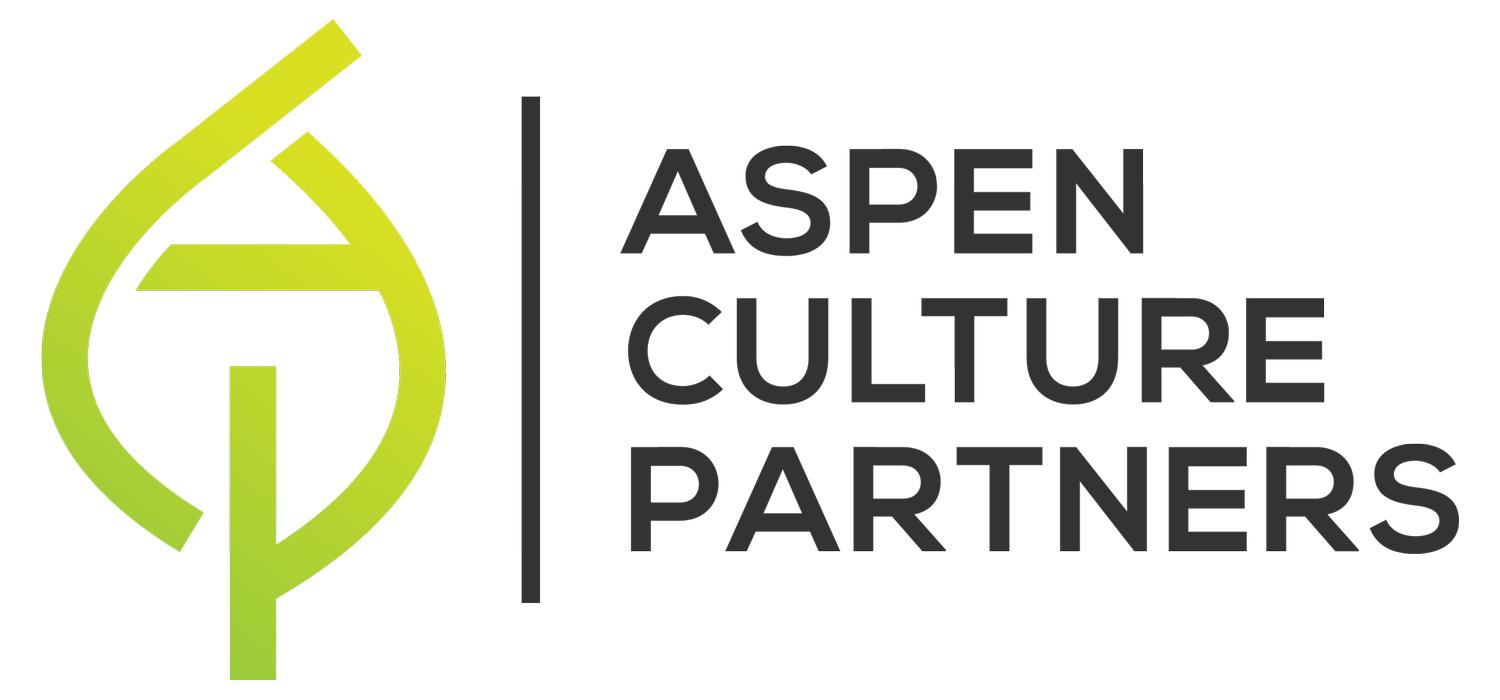Frequently Asked Questions
-
Leadership coaching is a partnership between you and a professional coach meant to challenge, uplift and support you. The coaching process begins by raising awareness of how you see yourself, others and your situation. This self-recognition allows you to better observe what’s working or not working in your situation and pivot to who you want to be.
-
After the initial session, you will guide the focus for each session. Your coach will assist in uncovering effective methods for achieving goals without providing advice or deciding your next steps. You will decide how to bring your learning beyond the coaching session. This allows you to choose how and when to take action that will move you toward what you desire. This process is meant to inspire, empower and equip you to make long-term changes that will benefit you throughout your life.
-
A coaching partnership is a special opportunity where you can explore ideas in a confidential, supportive environment. To get the most out of coaching, here are a few tips:
be curious,
work with your thoughts without evaluation or judgement,
release pressure to have all the answers,
explore possibilities,
be willing to test and learn, and
have fun!
-
Coaching is best suited for individuals who are motivated, open to growth or have specific goals to achieve. This may include making a career pivot or leading a team through business transformation. Consider these questions to assess how ready you might be for coaching.
Are you aware of specific areas in your leadership style or skills that you would like to improve?
How open are you to challenging current habits and adopting new behaviors?
How willing are you to invest time, effort and resources in the coaching process?
What will be the result if you do not take action at this time?
-
Moments of change are critically important to an organization’s survival. Team members, investors customers and other stakeholders are counting on leaders to guide the journey where individuals can be excited about a new future. I grew up watching my parents lead in their community and have worked closely with senior leaders over my 25+ year career. Here’s what I’ve observed:
Leadership is a calling
I believe that leadership is a calling, and that strong, ethical leadership is built on a foundation of integrity and compassion. All individuals are gifted with unique and valuable skills. Leaders who recognize the special role they play in the lives of others are better positioned to build trust and empower individuals to step into and share their gifts.
Transformation creates pressure, requiring emotional intelligence from leaders
Transformation is hard and takes time. It can test the strength of mind, body and spirit. It requires grace and resilience to stay the course. It takes people on an emotional journey. In addition to being able to define a strategy and roadmap for how to deliver a change, strong leaders need to know when and how to listen and support people on the emotional journey. In doing so, leaders are better able to inspire people to transform mindsets and behaviors and unite around a shared purpose. This is the only bridge that will lead an organization to its better future.
Leadership is a vulnerable position
Guiding others through transformation requires even the best among us to regularly affirm one’s values, intention and willingness to be vulnerable. Too often, well-intentioned leaders have gotten in their own way by not tuning into the needs of their organization. This creates turmoil, leaving team members burned out, demotivated and lacking direction. Leaders who approach their work with a humble, servant mindset over self-interest or a singular focus on results can build deep, loyal and committed teams.
